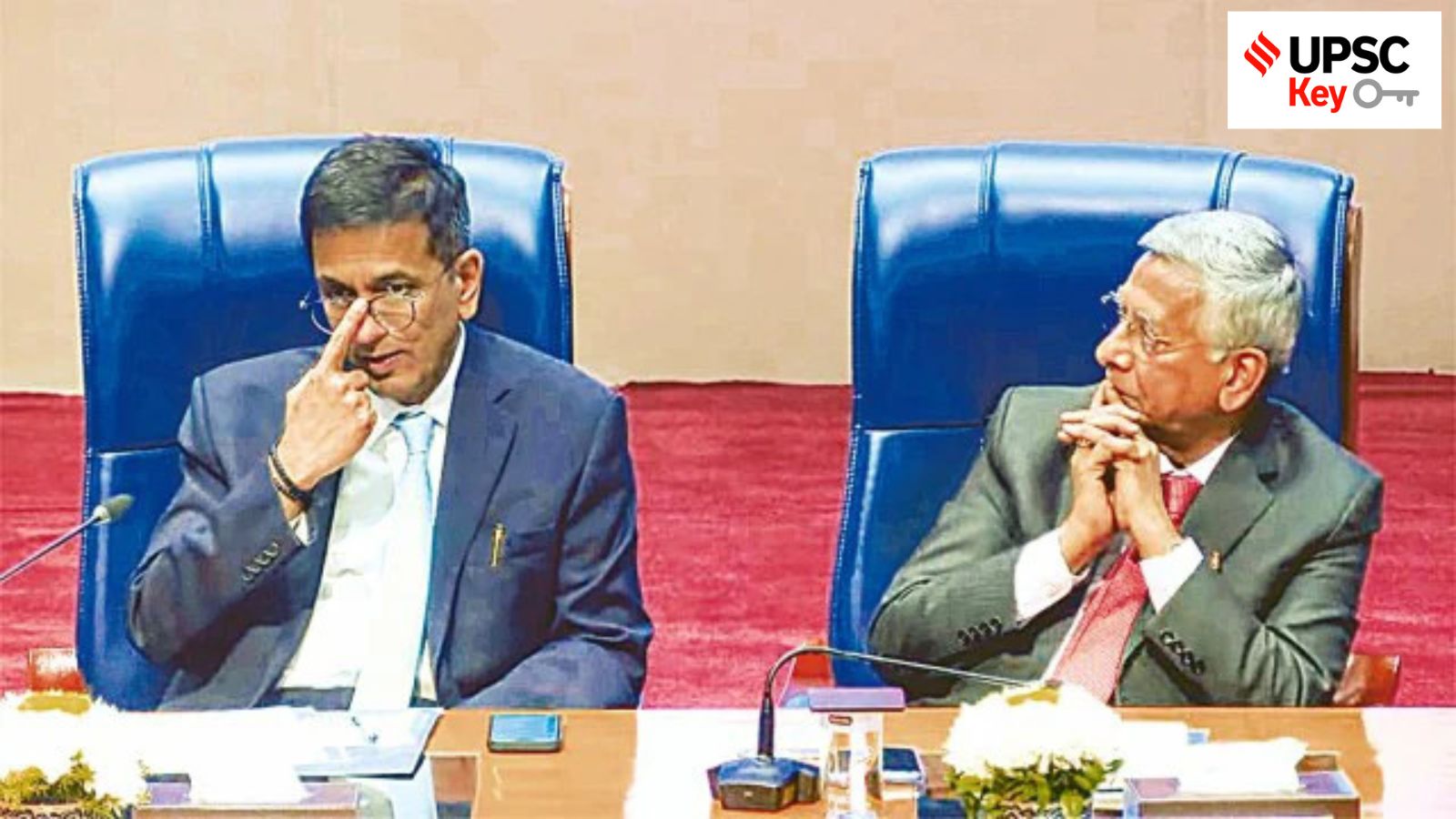
In a recent development, the Supreme Court of India has made significant rulings that impact both minority rights and economic discussions. One of the key decisions pertains to the minority status of Aligarh Muslim University (AMU). The court established a two-fold test for determining the minority character of educational institutions, which is crucial for ensuring that minority rights are upheld in the educational sector. This ruling is particularly relevant for UPSC aspirants as it highlights the intersection of law and education in India [cf1097f0].
Additionally, the court's decision reinforces the importance of minority rights in the context of educational institutions, ensuring that such institutions can operate with a degree of autonomy that reflects their minority status. This is a significant move towards recognizing and protecting the rights of minority communities in India [cf1097f0].
On the economic front, discussions surrounding the rupee's exchange rate have gained traction. The fluctuations in the rupee's value have implications for various sectors, including trade and investment. The Debroy committee's insights into economic policies are also relevant for UPSC exams, as they provide a framework for understanding the complexities of India's economy and the factors influencing currency valuation [cf1097f0].
These developments underscore the ongoing dialogue in India regarding minority rights and economic stability. As the Supreme Court continues to address these issues, the outcomes will likely shape future policies and societal norms in the country. The integration of legal rulings with economic considerations reflects a comprehensive approach to governance in India, making it essential for students and citizens alike to stay informed about these critical topics [cf1097f0].